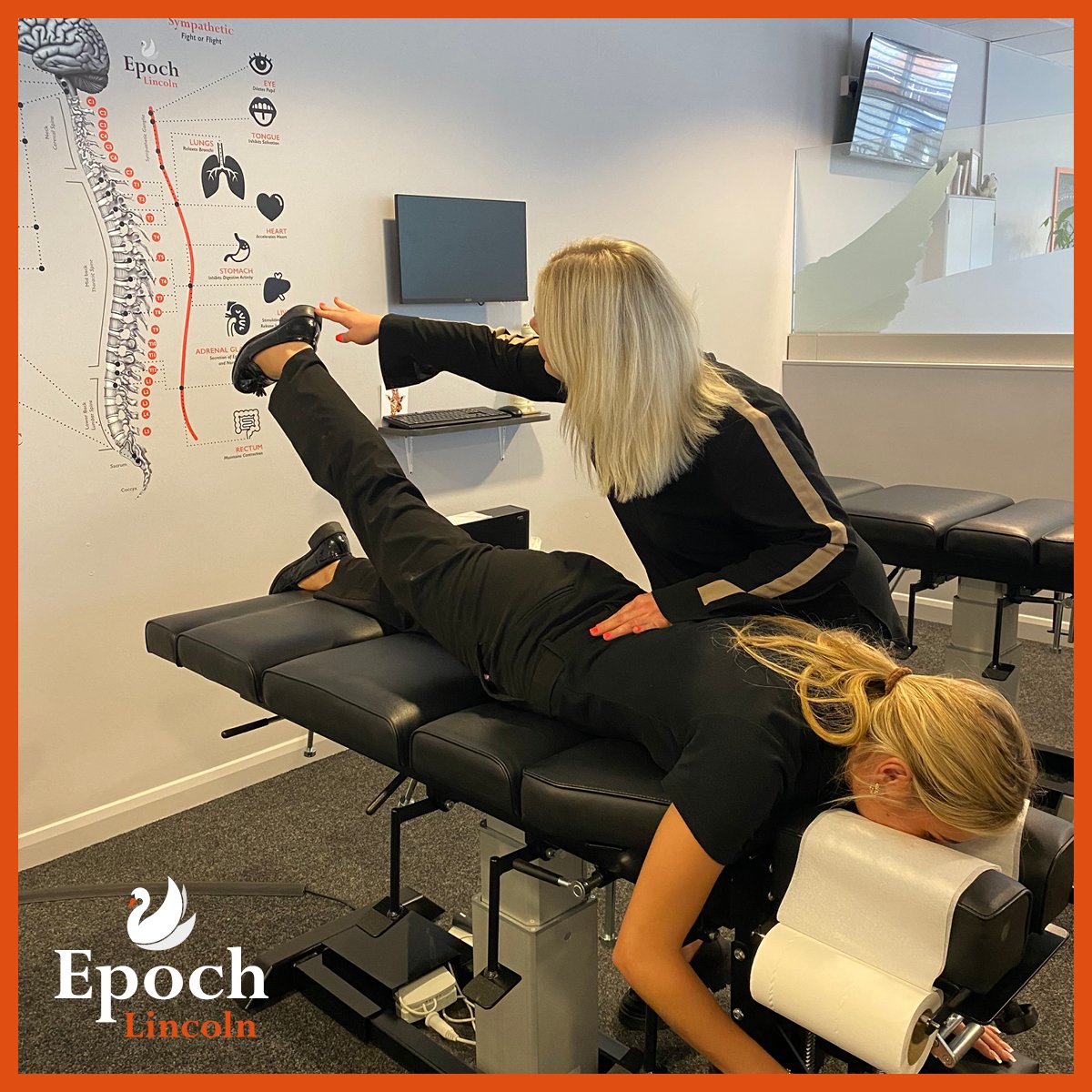
If you’ve ever watched a video of a chiropractic adjustment on social media, you might think chiropractors are just in the business of cracking backs for fun. But here’s the truth: professional chiropractic care is not about the noise — it’s about nervous system function.
Chiropractic care has been around for 129 years, but many people still have questions about what it feels like, sounds like and how it works.
So, what’s that “crack” anyway?
First off, that satisfying sound some people hear during an adjustment isn’t bones cracking – it’s called a cavitation. It happens when a gas bubble is released from a joint as it’s moved, a bit like when you open a fizzy drink. But not every adjustment makes a sound, and not every sound means a successful correction.
We don’t chase the ‘crack’ – we correct the cause.
At the heart of chiropractic care is the identification and correction of something called a vertebral subluxation. This isn’t just a stiff joint – it’s a subtle misalignment or lack of movement in the spine that interferes with how your nervous system functions. That interference can impact your energy, sleep, stress levels, digestion and more.
Your nervous system controls everything in your body – from conscious movements and sensory input to involuntary bodily functions like breathing and how your heart beats – so it makes sense that keeping it free from interference is key to your health.
Chiropractors are trained to locate these subluxations and adjust them intentionally to restore function, not just make the noise.
What the research says:
You don’t have to take our word for it – public research backs up the importance of chiropractic care for nervous system health.
It’s about precision, not popping.
At Epoch, every adjustment is done with careful assessment, skill and intention. Chiropractors train for years to understand the spine, nervous system, and the biomechanics of the body — we’re not here to “crack” things for entertainment!
Whether you’re dealing with chronic stress, postural issues, or general aches and pains, chiropractic care offers a natural, nervous-system-focused approach to help your body function at its best.
If you’re curious about how specific adjustments could help you – book a consultation today…no snaps, crackles, or pops required. Just care, precision, and results.
With love,
Sophie